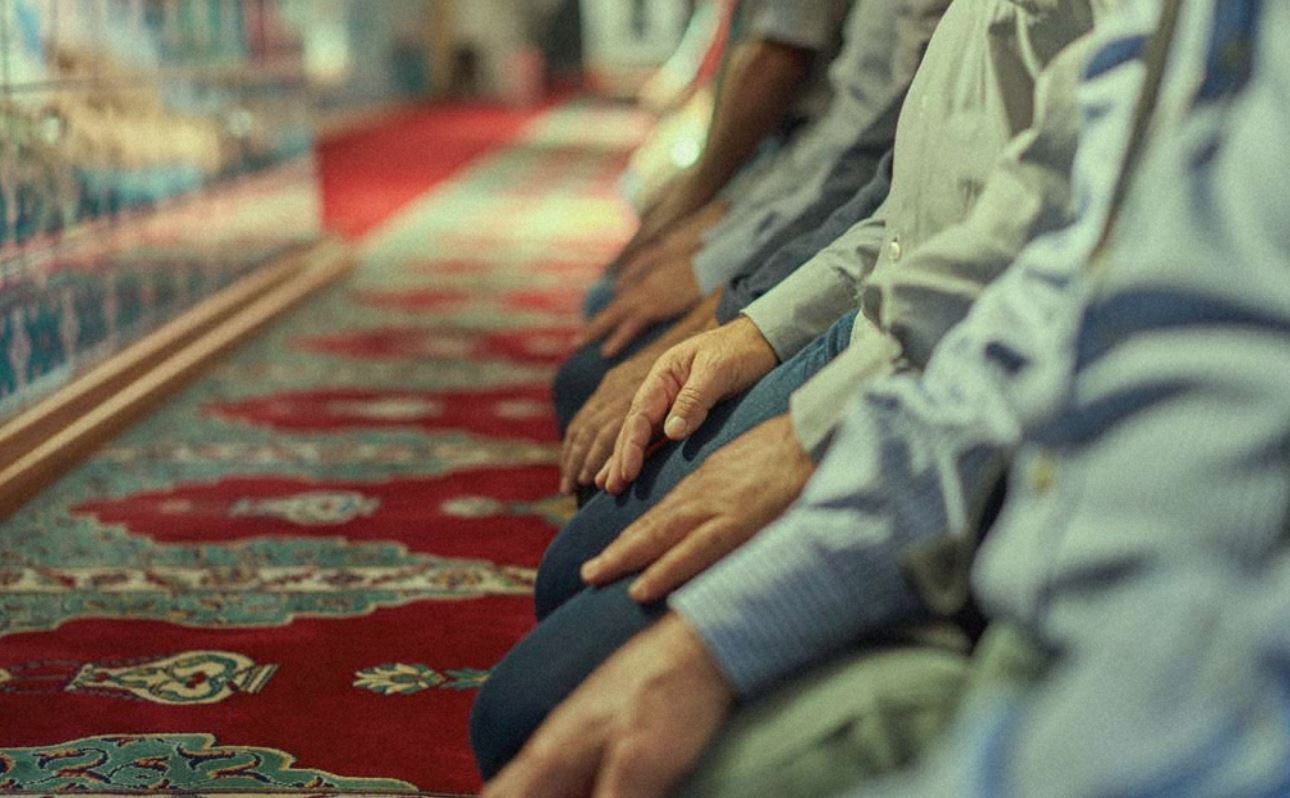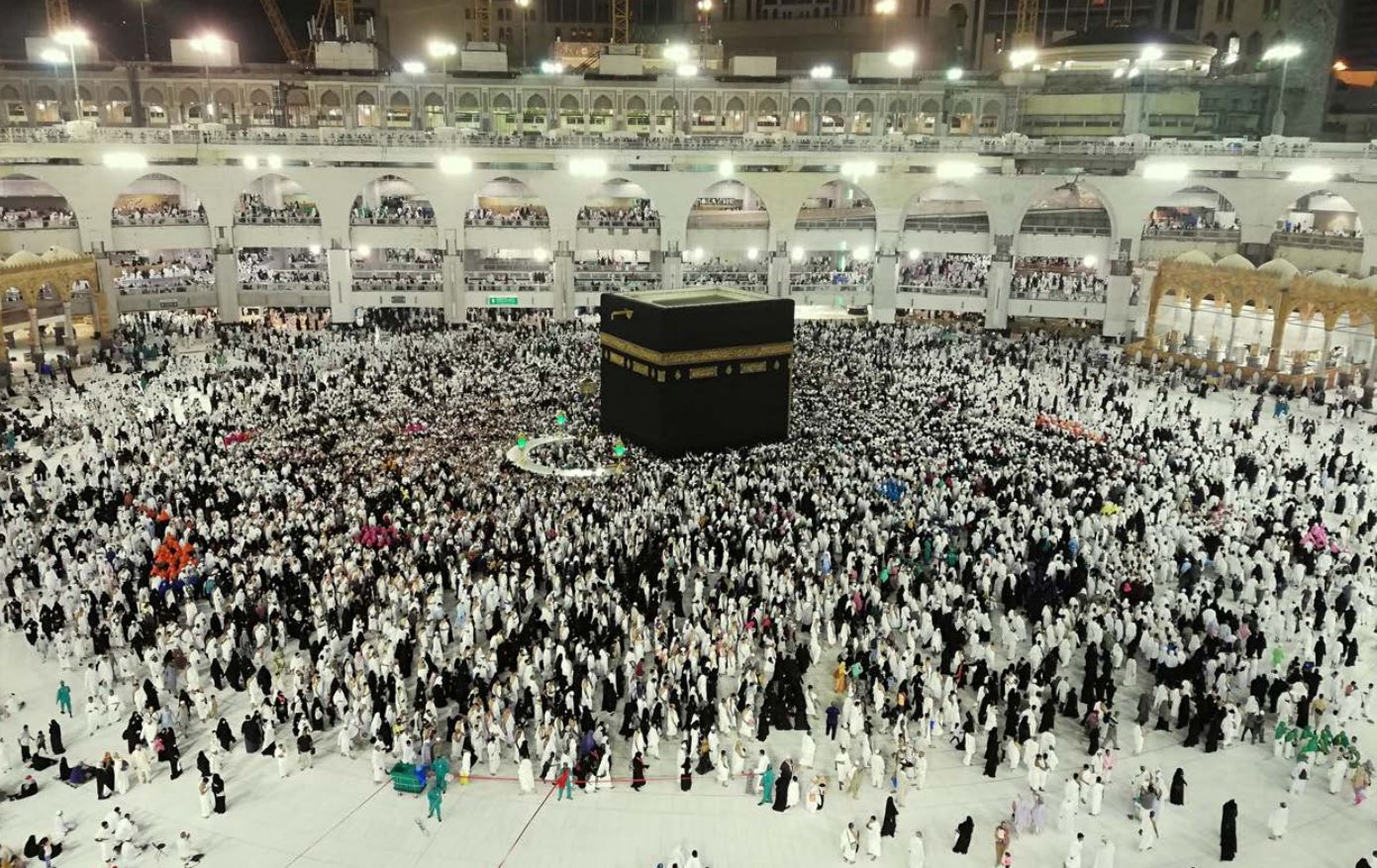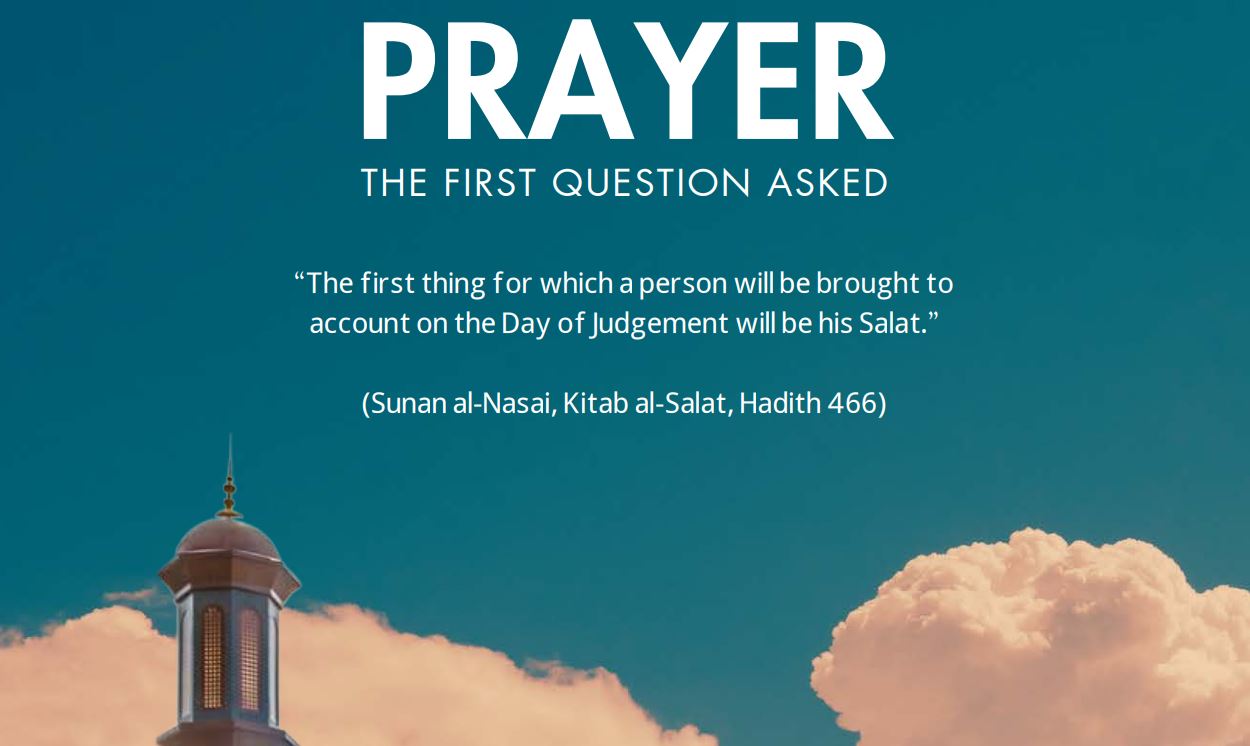“The first thing for which a person will be brought to account on the Day of Judgement will be his Salat.
(Sunan al-Nasai, Kitab al-Salat, Hadith 466)
Despite encountering this saying of the Holy Prophet(sa) numerous times during my upbringing as an Ahmadi Muslim boy, it gained deeper meaning for me when I read it alongside this verse of the Holy Qur’an:

“I have not created the Jinn and the men but that they may worship me.”
(Adh-Dhariyat:57)
As we embark on a specific errand, the foremost inquiry upon our return is whether we accomplished it; otherwise, the trip is considered futile! Even viewing this from an intelligent student’s perspective, one would diligently invest every possible effort in preparing for the most crucial mandatory question in an exam, as it ultimately decides their success or failure. The Promised Messiah (as) says:
“Prayer is the Right of Allah; fulfil it well…Even if the entire house is destroyed, let it be, but do not discard the prayer.”
(Malfuzat, Vol.6, pp.370)
After establishing the paramount importance of readiness for this fundamental question and acknowledging the considerable effort invested over our lifetimes in this pursuit, one begins to contemplate whether the mere physical actions of Salat genuinely fulfill this Quranic injunction. The Promised Messiah (as) describes the spiritual condition of Muslims that prevails in this age:
“their prayers are but a ritual and their fasting mere starvation”
(Lecture Sialkot, pp. 30)
A noteworthy ‘discovery’ I made while growing up, delving into Tafsir-e-Kabir (the commentary of the Holy Qur’an by Hazrat Mirza Bashiruddin Mahmud Ahmad (ra), was that the Holy Qur’an doesn’t merely demand believers to offer Salat; rather, it emphasizes “iqamah-tus-salat” a rich and comprehensive term with profound meanings.
SIX MEANINGS OF IQAMATUS SALAT
(THE OBSERVANCE OF PRAYER):
1 – REGULAR OBSERVANCE OF PRAYER
A prayer wherein there is an intermittence is not considered true prayer in Islam, because prayer is not of temporary deeds.
2 – FULFILMENT OF ALL REQUIREMENTS
For example, performing Wudu’ (ablution), offering at the appointed time, perform the actions of Qiyam, Ruku‘, Sajdah and Qa‘dah correctly. Until the fulfilment of the conditions is possible, to disregard them is sin. However, when it is impossible to fulfil the conditions, to abandon prayer due to their unavailability is a sin.
3 – TO ERECT A FALLING PRAYER
Those worshippers, whose thoughts remain dispersed, if they continue to try and beautify their prayers and remain attentive, they will be striving to erect their prayer whenever it is falling.
4 – TO ENCOURAGE & MOTIVATE OTHERS FOR PRAYER
One manner in which to erect something is to make it common and to encourage others to it. In addition to praying themselves, they keep instructing others to pray as well, and make those who are negligent prompt and vigilant.
5 – PRAYER IN CONGREGATION
Wherever the Holy Qur’an has enjoined prayer, it has instructed for prayer to be offered in congregation. Nowhere is it ordered that one simply offers prayers alone. As such, an individual who abandons prayer in congregation, except in the case that he is ill, out of town, or other Muslims are not present, even if he offers his prayer at home, it shall not be accepted, and he shall be considered as one who abandons the prayer.
6 – To offer Prayer with Complete Attention, Togetherness, and Vigilance
The prayer be offered in an attentive manner and with vigilance, because thoughts are dispersed as a result of laziness and negligence, and the essence of prayer is lost. (Tafsir Kabir, Vol.1, pp. 104)

Our beloved Imam, Hazrat Khalifatul Masih V (May Allah be his Helper!), consistently underscores supplication, worship, and particularly Iqamatus Salat, emphasizing the importance of studying and emulating the exemplary life of our Beloved Master, the Holy Prophet (sa). On one such occasion, he remarked:
“Now let us see the actual examples of Iqamatus Salat in the real world. The personality, which the Creator of the universe, Allah, has presented as a perfect model is that of the Holy Prophet Muhammad (sa). The Holy Prophet (sa) fulfilled the right of Iqamatus Salat so beautifully that Allah testified that his prayers, his worship, his living and dying, were all for His sake, the Lord of all the worlds, The Holy Prophet(sa) has stated: “O People! I like three things from this world, but I tell you that Qurratu ‘aini fis-salat that the delight and pleasure of my eyes is in the observance of prayer”(Bukhari). The Promised Messiah (as) describes in one of his couplets:
All edicts that came from God, he acted upon them all; He told us all the secrets – he is the gift of the Giver
(Ruhani Khaza’in Vol. 20, p. 456)
From the blessed life of the Holy Prophet (sa) we learn that:
- He used to stand in the prayer till both his feet or legs swelled and upon asking why he offered such an unbearable prayer, he replied, ‘Should I not be a thankful servant?’
- In a state of travel, he would stop the travelling caravan and shorten or combine the prayers.
- In the case of rain, he would also offer his prayers upon his ride, undeterred by excuses.
- When impossible to offer his prayers while standing when he was severely wounded after falling off a horse, he did not like that he should miss the congregational prayer, and led the prayer while sitting.
- In the Battle of Uhud, he was weakened by severe wounds and was also grieved by the martyrdom of seventy of his Companions, yet he offered his prayers in congregation even on that day.
- During his final illness, he was suffering from a severe temperature, and was drifting in and out of a state of consciousness. In anxiety, he would ask again and again, “Is it time for prayer?
- He placed both hands on two Companions and went to the mosque in such a state that his feet were being dragged behind him. The Holy Prophet(sa) led the prayers sitting beside Hazrat Abu Bakr (ra) and thus set such an example of Iqamatus Salat that it shall remainun paralleled until the end of time.
The advent of the Promised Messiah(as) in this age is a proof that Prophet (sa) is forever alive and as a continuation of his spiritual blessings, God has sent into the world the Promised Messiah(as). Examining the life of the Promised Messiah(as), we find instances where:
- In the days of his youth, he was referred to as a Masitar, i.e., one whose time is primarily spent in the mosque engaged in worship.
- During the law-suits that he faced, the Promised Messiah(as) never missed a prayer. He would seek permission from the court and offer his prayers on time.
- He would offer his prayers with great preoccupation and interest. He would repeat the words Ihdinas-siratal mustaqim (Guide us in the straight path) very often.
- He would repeat the words Ya hayyu ya qayyumu birahmatika astaghith (O Living and Self Sustaining Allah, I beseech Thy Mercy).
- The final action of this blessed individual was prayer.

The Promised Messiah (as) not only prescribed supplication in order to acquire pleasure and attention in prayer and presented his personal example, but has also taught us the specified words which are to be prayed:
“One should supplicate before Allah the Exalted in extreme emotion and passion, saying that just as You have endowed us with the various pleasures of fruits and other things, let me once taste the pleasure of prayer and worship as well.”
(Malfuzat, Vol.1, pp.163)
The Promised Messiah (as) gives us this glad tiding:
“Rejoice and be happy that the field of achieving nearness to God is vacant. Every nation is in love with the world and to what pleases God the world pays no attention. Now is the time for those who wish to enter this door that they, mustering all their strength, show their mettle and win the much coveted prize from God.”
(The Will – p.11)
As Ahmadi Youth, we are the recipients of these glad tidings, in a world indifferent to its Creator’s pleasure and the purpose of their creation. Now is our time to enter this vacant door, demonstrating our strength to earn those promised rewards from God. May Allah enable us to do so! Ameen!
The Promised Messiah (as) not only prescribed supplication in order to acquire pleasure and attention in prayer and presented his personal example, but has also taught us the specified words which are to be prayed:
“One should supplicate before Allah the Exalted in extreme emotion and passion, saying that just as You have endowed us with the various pleasures of fruits and other things, let me once taste the pleasure of prayer and worship as well.” (Malfuzat, Vol.1, pp.163). The Promised Messiah (as) gives us this glad tiding: “Rejoice and be happy that the field of achieving nearness to God is vacant. Every nation is in love with the world and to what pleases God the world pays no attention. Now is the time for those who wish to enter this door that they, mustering all their strength, show their mettle and win the much coveted prize from God”. (The Will – p.11)






